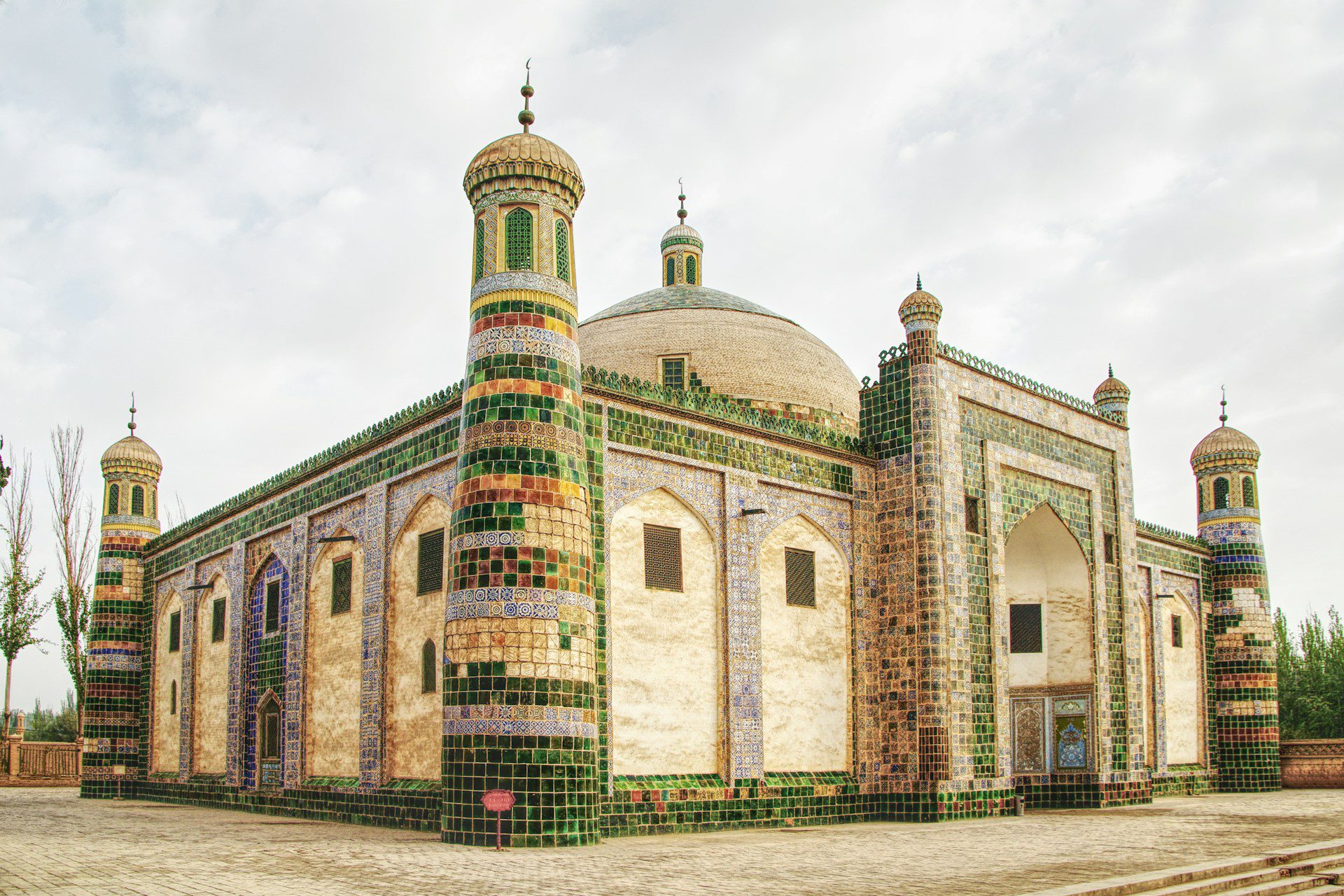
OPINION: U.S. law to ban Xinjiang goods protects Uyghur people. But it can’t end there
* Any views expressed in this opinion piece are those of the author and not of Thomson Reuters Foundation.
The Uyghur Forced Labor Prevention Act marks a major milestone in the fight to end forced labor in Xinjiang. But we must do more to stop the abuse of my people.
By Jewher Ilham, a Uyghur advocate at the Worker Rights Consortium, an independent labor rights monitoring organization
Eight years after my father, Uyghur economist Ilham Tohti, was arrested for speaking out against the abuses of our people, he, like countless others, remains imprisoned in China.
U.N. experts and rights groups estimate more than a million people, mainly Uyghur and other Muslim minorities, have been detained in recent years in forced labor camps in Xinjiang.
But a movement that once felt insurmountable, where only individuals like my father were condemning these abuses, has now influenced the trade policy of the United States, the world’s largest importer of goods.
The U.S.’s Uyghur Forced Labor Prevention Act (UFLPA), which came into force this week, marks a major milestone in the fight to end forced labor.
As a Uyghur, I am heartened by this crucial step towards protecting my community and other Turkic and Muslim peoples persecuted in China. The legislation sets a precedent that could change the course of history, but this is just the start.
